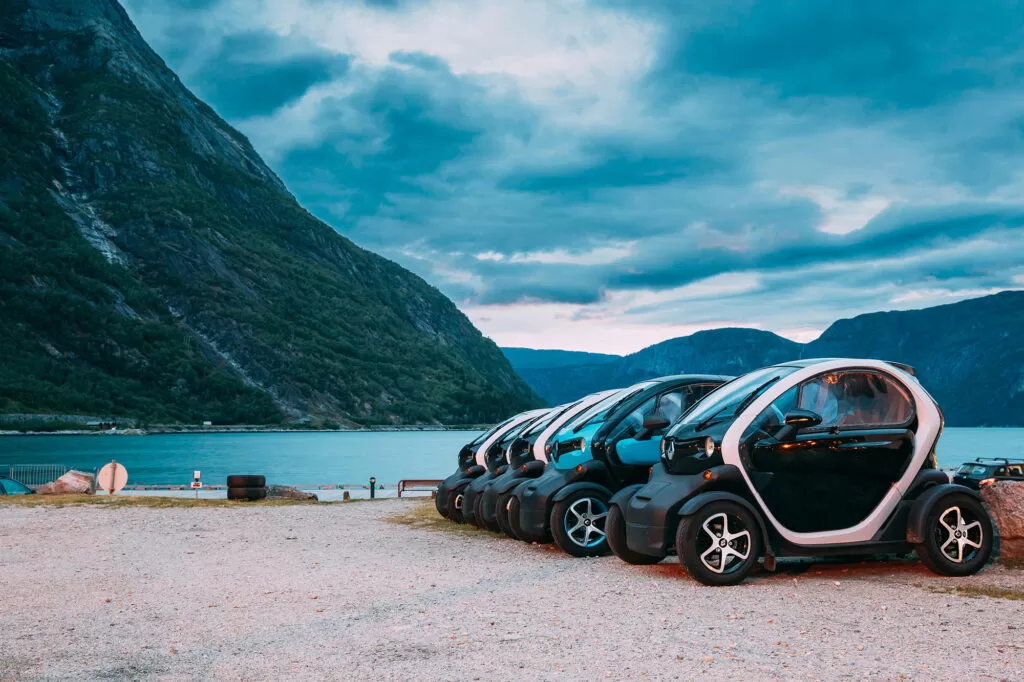In a global first, the Norwegian Road Federation (OFV) said last month that electric vehicles (EVs) now outnumber gas-powered models in the country. Out of 2.8 million private cars currently registered, 754,303 are fully electric, surpassing the 753,905 running on petrol. The news came on the heels of another record; EV sales in Norway took a 94% market share in August. By comparison, data from the European Automobile Manufacturers Association show, EVs made up just 14.4% of new cars sold in the European Union during the same period.
“This is historic, a milestone few saw coming 10 years ago,” says OFV director Øyvind Solberg Thorsen. It also puts Norway on track to meet its target of selling only zero-emission cars by 2025, a decade ahead of the EU’s target. As part of its effort to take fossil-fuel vehicles off the road, Norway provides generous tax incentives for EVs, bringing their price in line with gasoline, diesel and hybrid cars.
Yet, the decarbonization push also highlights the difficult balancing act between Norway’s pro-climate policies and its status as a major oil and gas producer.
“When it comes to our petroleum exports, it is important to point out that natural gas in particular plays a major role for European energy security over the next 15 to 20 years,” says Asgeir Tomasgard, director of the Energy Transition Initiative at the Norwegian University of Science and Technology. “At the same time, natural-gas value chains, too, need to go close to zero emission by using carbon capture and storage technologies.”
This is another area where Norway wants to take a leading position, Tomasgard notes: “For instance, the just-opened Northern Lights facility in Øygarden can transport and permanently store 1.5 million tons of CO2 per year in its first stage.”
The sole effective approach to climate mitigation, he argues, is a comprehensive one: “Our national power system is already close to 100% renewable. In the same vein, in reducing emissions in sectors like transport and industry, electrification necessarily plays a major role.” The next step, he adds, would be to get EV technology into light and heavy-duty freight transport and bring it up to the same market share achieved for private cars: “The objective is zero-emission transport.”
